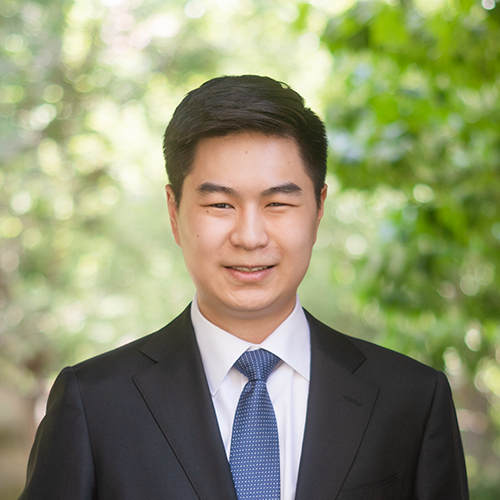Working Papers
Di Maggio, Marco, Pulak Ghosh, Soumya Kanti Ghosh, Nishant Vats, and Andrew Wu (2024). "Impact of Retail CBDC on Digital Payments, and Bank Deposits: Evidence from India." Reject and Resubmit at the Journal of Financial Economics.
Abstract: Interest in central bank digital currencies (CBDCs) has been burgeoning with 134 countries now exploring its implementation. In December 2022, India started its CBDC pilot program to continue its transition towards a digitized payments economy. This paper presents the first empirical analysis utilizing detailed transaction data to explore the dynamics between CBDCs and existing digital payment methods, as well as the implications of increased CBDC usage on traditional bank deposits. Our findings reveal that policies which increase transaction costs for current digital payment methods catalyze a substitution effect, bolstering CBDC adoption. Furthermore, an uptick in CBDC usage is associated with a notable decline in bank, cash, and savings deposits, suggesting potential paths to bank disintermediation. This study contributes critical insights into the evolving competition between digital currencies and established financial infrastructures, highlighting the transformative potential of CBDCs on the broader economy.
Works in Progress
Aran, Yifat, Shai Bernstein, Emanuele Colonnelli, Ray Kluender, and Andrew Wu (2024). "Equity Compensation at High-Growth Companies."
Research Contributions
Aiello, Darren, Scott R. Baker, Tetyana Balyuk, Marco Di Maggio, Mark J. Johnson, and Jason Kotter (2023). "Who Invests in Crypto? Wealth, Financial Constraints, and Risk Attitudes." Revise and Resubmit at the Review of Financial Studies.
Abstract: We provide a first look into the drivers of household cryptocurrency investing. Analyzing consumer transaction data for millions of U.S. households, we find that, except for high-income early adopters, cryptocurrency investors resemble the general population. These investors span all income levels, with most dollars coming from high-income individuals, similar to equity investors. High past crypto returns and personal income shocks lead to increased cryptocurrency investments. Higher household-level inflation expectations also correlate with greater crypto investments, aligning with hedging motives. For most U.S. households, cryptocurrencies are treated like traditional assets.
Liao, Gordon, Marco Di Maggio, and Jacob M. M. Faber (2023). "Automated Market Makers."
Di Maggio, Marco. Blockchain, Crypto and DeFi: Bridging Finance and Technology. New Jersey: Wiley, 2024.
Di Maggio, Marco, and Mamdouh Medhat (2024). "Trusting Your Advisor: Evidence From a Global Investor Survey."
HBS Foundry

